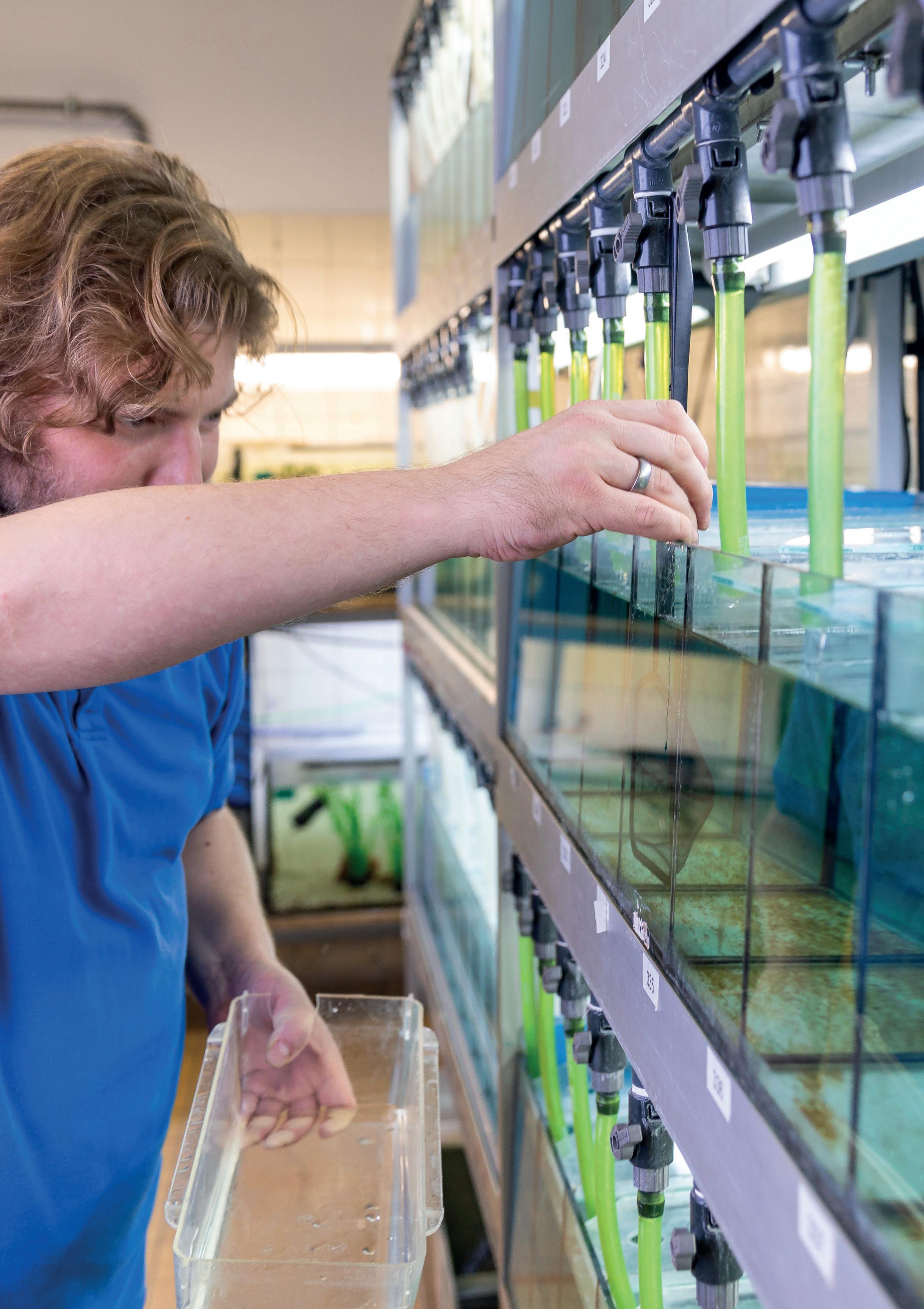
4 minute read
Life at SCIoI
from SCIoI Guidebook
by scioi
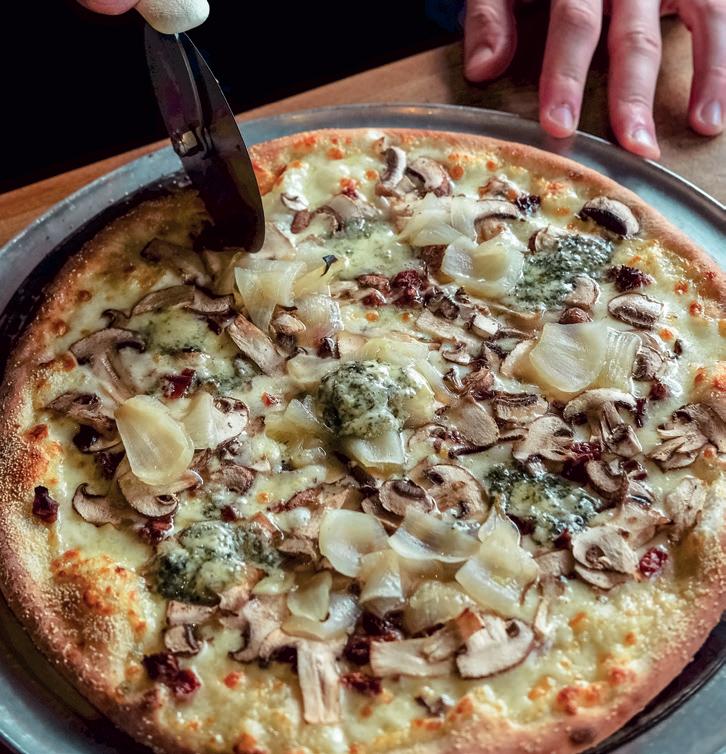
Meeting expectations
Advertisement
As a member of SCIoI’s academic community, you are naturally expected to perform your research, but also to become an active part of SCIoI’s diverse and interdisciplinary scientific exchange. This entails participating in scientific talks and conferences, attending lectures and seminars, and spending time in your lab or office. Social interactions also play a very important role in your personal success at SCIoI, and attending social meetings, pizza nights, and other social events is strongly encouraged.
PI Lecture Series
Every two weeks on Thursday afternoon, one of our PIs gives a lecture on his project or about a topic of interest. Attending this lecture is mandatory for doctoral candidates but open to all. Calendars for these lectures are published on the Science of Intelligence website and in the internal calendar, and are publicized via social media.
Thursday Morning Talks
Every Thursday begins with a breakfast meeting for all the PIs, often followed by a one-hour-long lecture held by a SCIoI
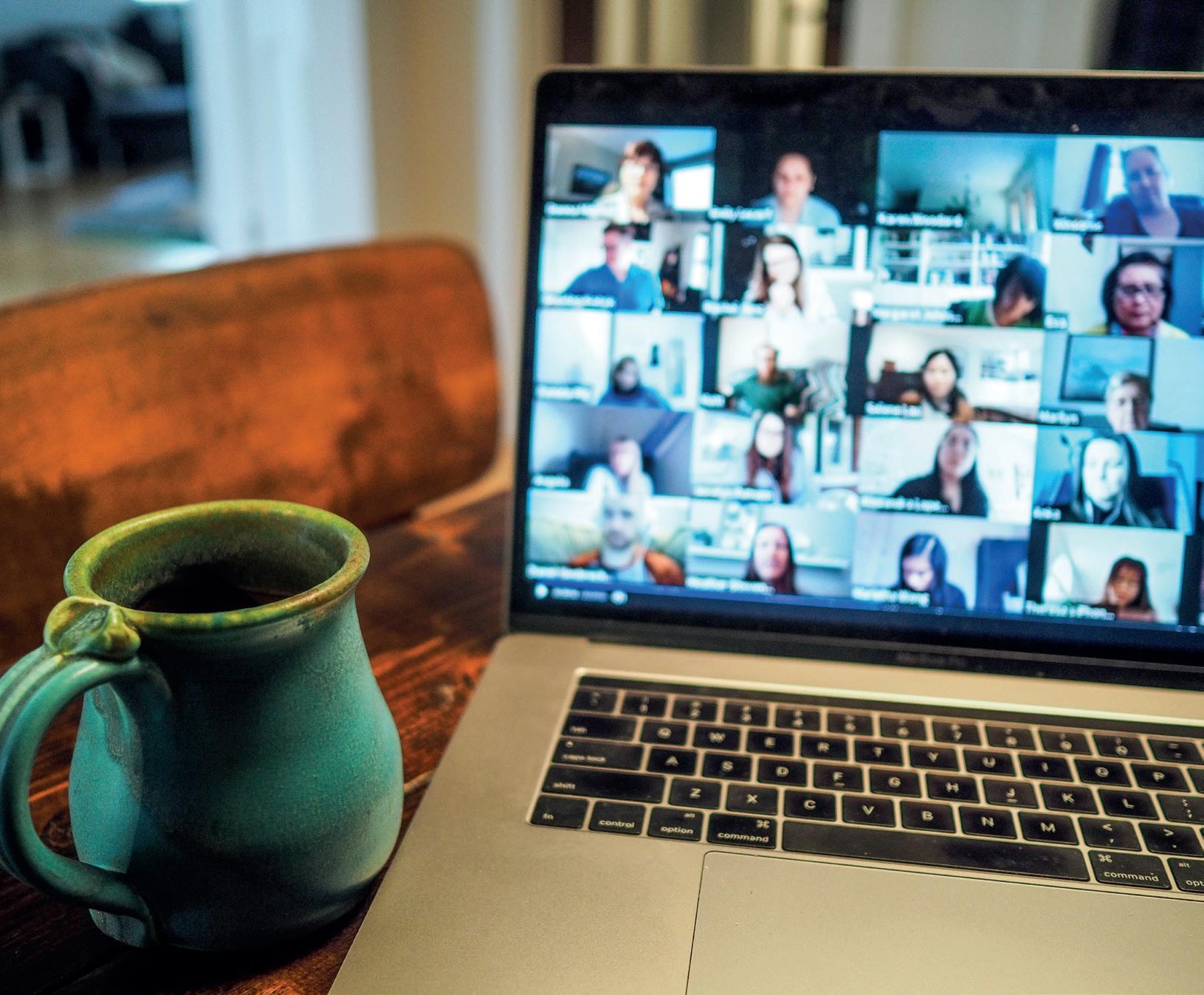

member or by a special guest. Check the website for up-to-date information and schedules. If you would like to hold a Thursday Morning Talk about your project, please contact Jörg Raisch (see website for contact information).
Distinguished Speaker Series
Once per month, SCIoI invites prominent researchers from all over the world to give a talk. The talks are organized by doctoral candidates and usually include a “Meet the Speaker” session. Suggestions for speakers can be sent to Zarifa Mohamad (p.2).
Scientific Exchange
SCIoI offers various opportunities for scientific exchange and networking throughout the year, including symposia and retreats.
Social Life
SCIoI organizes regular social events, and attendance is strongly encouraged. In order to communicate with one another, SCIoI members use an app called Slack. Talk to us if you need assistance to set it up.
Committees
Members who wish to stay abreast of the cluster’s decision making and structural processes can join one of the SCIoI committees, which deal with themes such as equal opportunities, admissions, quality assurance, doctoral program, research data, and team advancement.
Ethics Advisory Board
The topic of intelligence research, and in particular the creation of technological artifacts displaying human-like intelligence, raises ethical questions. What impact will robotics and AI have on our lives in the future? What are the risks, and how can we control them? To help us address these issues and to guarantee our work’s compliance with ethical standards, we have put together an external ethics advisory board choosing among the greatest experts in the fields of philosophy of artificial intelligence, digital ethics, robotics, and law.
MEET OUR FIVE MEMBERS OF THE ETHICS ADVISORY BOARD:
Luciano Floridi, chair (University of Oxford) Virginia Dignum (Umeå University, Sweden) Raja Chatila (Pierre and Marie Curie University, Paris) Burkhard Schafer (University of Edinburgh) Judith Simon (Universität Hamburg)
Scientific Advisory Board
An important scientific goal of SCIoI is to unite the disciplines of intelligence research. This, of course, is a substantial challenge. To help us address it, we have assembled a scientific advisory board. The members, all external to SCIoI, are highly accomplished scientists and also possess extensive interdisciplinary research experi-
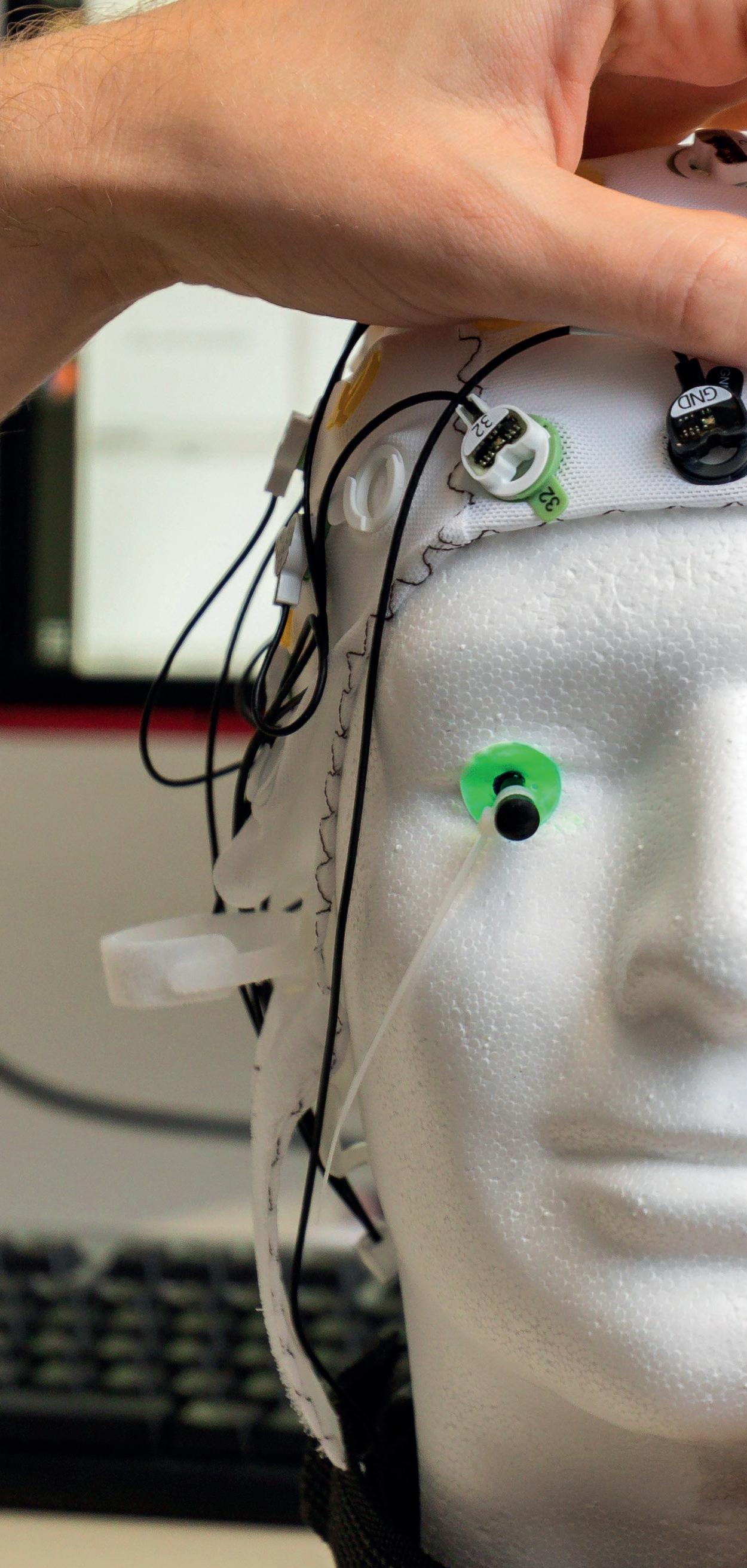
ence. Each of them comes from a different area of intelligence research, covering both the study of natural intelligence and the study of artificial intelligence.
HERE ARE OUR SCIENTIFIC ADVISORY BOARD MEMBERS:
Patricia Churchland (UCSD) Naomi Leonard (Princeton University) Linda Smith (Indiana University) Josh Tenenbaum (MIT)
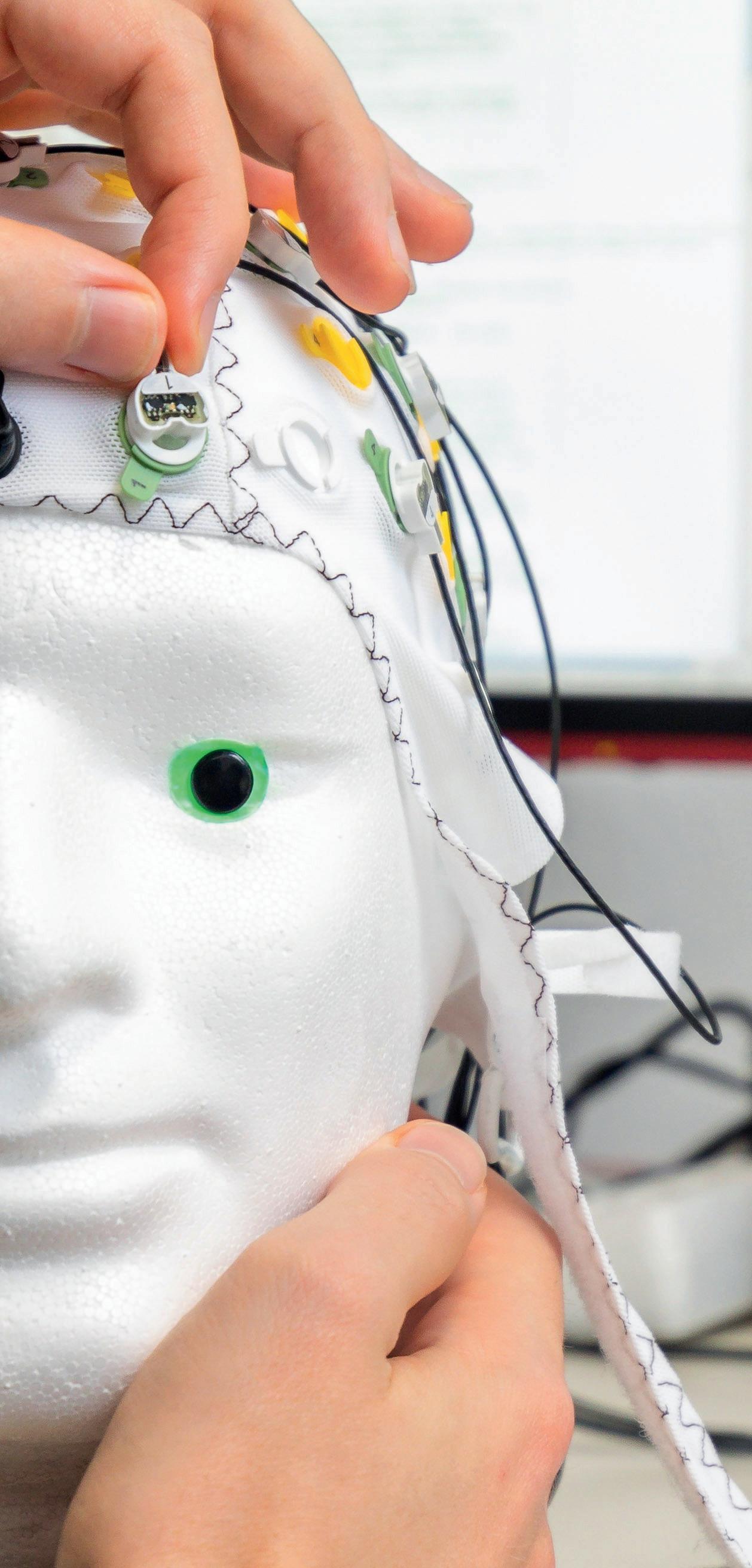
SCIoI’s Environmental policy and conference attendance As a Cluster of Excellence, SCIoI wishes to send a strong signal for environmentally conscious action. To reduce the cluster’s carbon footprint, SCIoI’s Executive Board has established an environmental policy for scientific travel. According to this policy, which is equally valid for all cluster members, SCIoI will not reimburse more than three flights in the three-year period for each SCIoI member. In addition, no flights will be reimbursed for travel within Germany. However, there is no limit on train rides, both within and outside of Germany. It is up to individual researchers and their supervisors to decide on participation in additional conferences, but costs for these will not be reimbursed by the cluster. Any exceptions to this rule will need to be discussed and approved by the Executive Board.
Useful services The SCIoI WIKI A detailed and comprehensive guide to all you need to know about SCIoI is the SCIoI Wiki. After you receive your TU account, which every member receives regardless of their institute, you will gain access to the Wiki, which includes info about publications, communication, calendars, parental leave, and much more. Contact Mathis Kaiser (p. 2) if you need help setting this up.
Proofreading at the TU The TU just established a proofreading service to support academic careers, improve junior scholars’ language skills, and promote the internationalization of the university. The service offers TU Berlin junior scholars the opportunity to have their external funding applications written in English proofread. The service includes proofreading of grammar, spelling, punctuation, and writing style as well as feedback on linguistic issues. Contact: Julia Kron: 030 314-26765.
Travel reimbursement
Travel funds for travels funded by SCIoI are managed centrally by the SCIoI office (Sarah Beckmann, p.2). For other travels, please contact your local institute.




